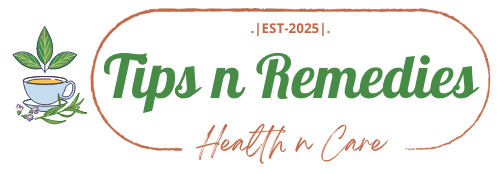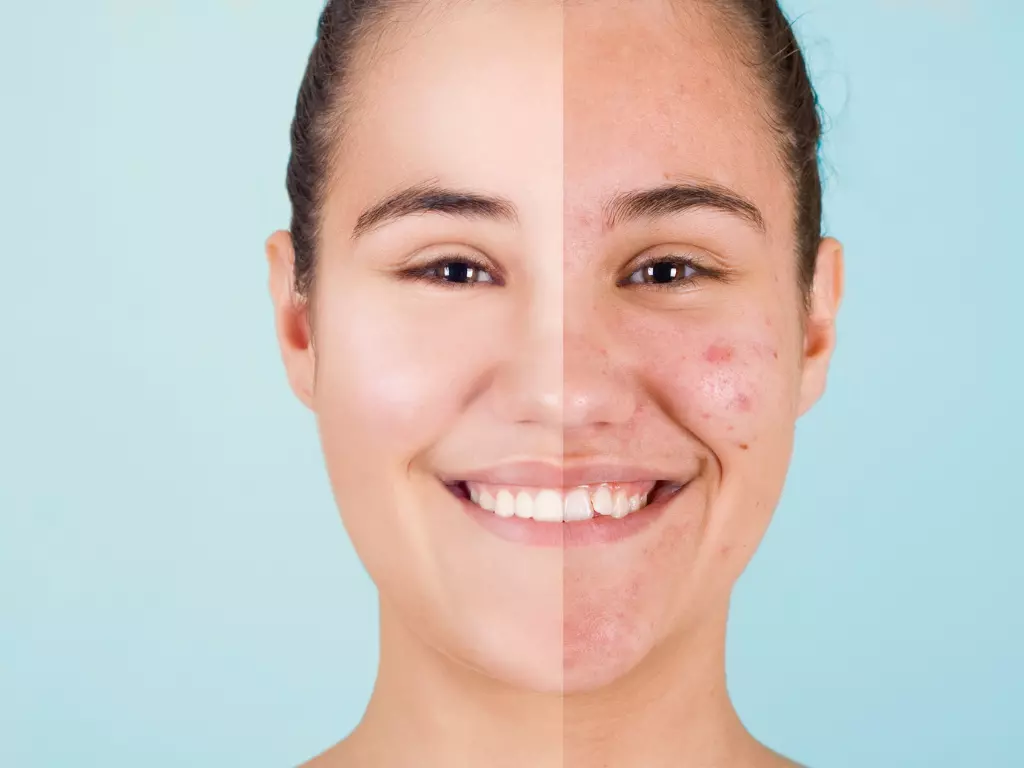Introduction
Acne is a common skin condition affecting millions worldwide, caused by clogged pores, excess oil, bacteria, and inflammation. While conventional treatments like benzoyl peroxide and salicylic acid are effective, many seek natural alternatives to avoid side effects like dryness and irritation. Here are science-backed natural remedies to help clear acne and improve skin health 12.
Top Natural Remedies for Acne
1. Tea Tree Oil
Tea tree oil has antibacterial and anti-inflammatory properties that combat P. acnes, the bacteria behind acne. A 2019 study found it reduces acne lesions effectively 26.
- How to use: Dilute 1–2 drops with a carrier oil (like jojoba or coconut oil) and apply as a spot treatment.
2. Honey & Cinnamon Mask
Raw honey has antimicrobial properties, while cinnamon reduces inflammation. A study suggests this combo may help reduce acne 1.
- How to use: Mix 2 tbsp honey + 1 tsp cinnamon, apply for 10–15 minutes, then rinse.
3. Aloe Vera
Aloe vera contains salicylic acid and sulfur, which soothe inflammation and promote healing. Research shows it helps reduce redness and acne scars 14.
- How to use: Apply pure aloe gel directly to acne spots overnight.
4. Green Tea
Green tea is rich in antioxidants and anti-inflammatory compounds that reduce sebum production. A 2020 study found topical green tea effective in treating acne 19.
- How to use: Brew green tea, cool it, and apply with a cotton pad or use in DIY masks.
5. Zinc Supplements
Zinc reduces inflammation and bacterial growth. A 2014 study found oral zinc supplements improved acne in many participants 1.
- Dosage: 30–40 mg daily (consult a doctor before use).
6. Apple Cider Vinegar (Diluted)
ACV has acetic acid, which may kill bacteria and balance skin pH. However, it can irritate—always dilute (1 part ACV to 3 parts water) and patch-test first 16.
7. Jojoba Oil
Jojoba oil mimics skin’s natural oils, helping balance sebum production. A 2012 study found it reduced acne by 54% in participants using clay masks with jojoba oil 2.
8. Witch Hazel
Witch hazel is a natural astringent that reduces oil and inflammation. Some research suggests it helps with acne when used in toners 12.
Lifestyle Tips to Prevent Acne
- Avoid touching your face to prevent bacterial spread 8.
- Use non-comedogenic skincare to avoid clogged pores 6.
- Stay hydrated to support skin healing 2.
- Reduce stress, as it triggers hormonal acne 9.
- Limit dairy and sugar, which may worsen breakouts 9.
When to See a Dermatologist
If acne persists or worsens after 8–12 weeks of natural treatments, consult a dermatologist for stronger solutions like retinoids or hormonal therapy 911.
Conclusion
Natural remedies like tea tree oil, honey, aloe vera, and green tea can help manage mild to moderate acne. While research supports some options, results vary—always patch-test and combine with a healthy skincare routine for best results.
For severe acne, professional treatment may be necessary.
Share this content:



